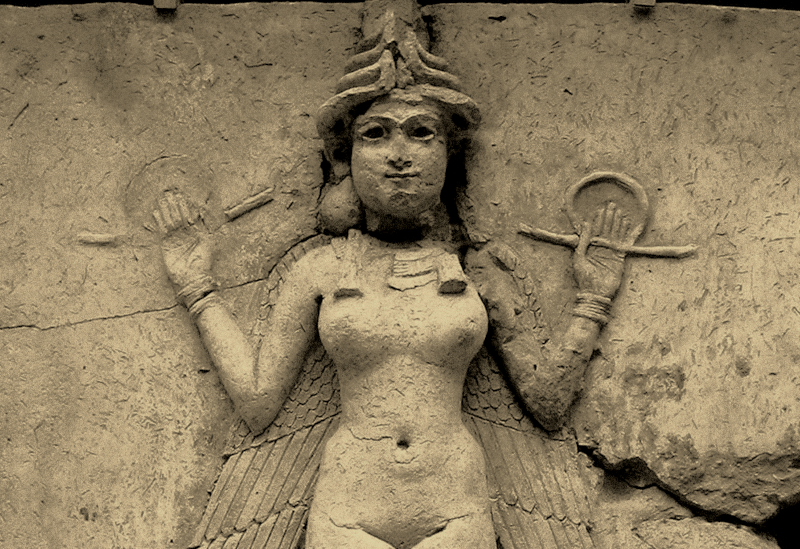Monday, 23 December 2024

Santhosh Kumar

© google images
Over five thousand years ago, people living in a part of Mesopotamia (today's Iraq), called Sumer started to keep records with cuneiform, the oldest known system of writing. And roughly a millennium after cuneiform emerged, a priestess named Enheduanna began using this writing system in a new way. Her unique texts are the earliest known example of first-person writing, and she may be the first known writer to claim authorship of her work.
The first individually named author in human history was not either Homer or Herodotus. It was a woman named Enheduanna, the princess of King Sargon of Akkadia.
Enheduanna was born in the ancient Sumerian city of Ur in the 23rd century BCE. She was likely appointed by her father as the highpriestess of the Moon god Nanna and the leader of the religious group at Ur to cement ties between the Akkadian religion of her father and the native Sumerian religion. She was the earliest author and poet in the world that history knows by name.
Enheduanna must have been a very gifted woman. At least 50 hymns written by her survive that are including three hymns to the moon god, Nanna, and three to Sumerian goddess Ianna, as well as other temples and deities. Most of her writings were in first-person perspective. And she wrote many hymns which had a lasting impact.
Enheduanna’s work celebrates the gods and the power of the Akkadian empire, which ruled from about 2350 BC to 2150 BC. But it also describes more sordid, earthly matters, including her abuse at the hands of a corrupt priest — the first reference to sexual harassment in literature.
Cuneiform tablets discovered with the hymns were discovered to be about 500 years after Enheduanna had lived, confirming her longevity. Even after the Akkadian empire collapsed in 2137 BC, Enheduanna’s poems continued to be copied.
British archaeologists rediscovered copies of her work in 1927, but it took several decades for scholars to credit Enheduanna as the author of her texts.